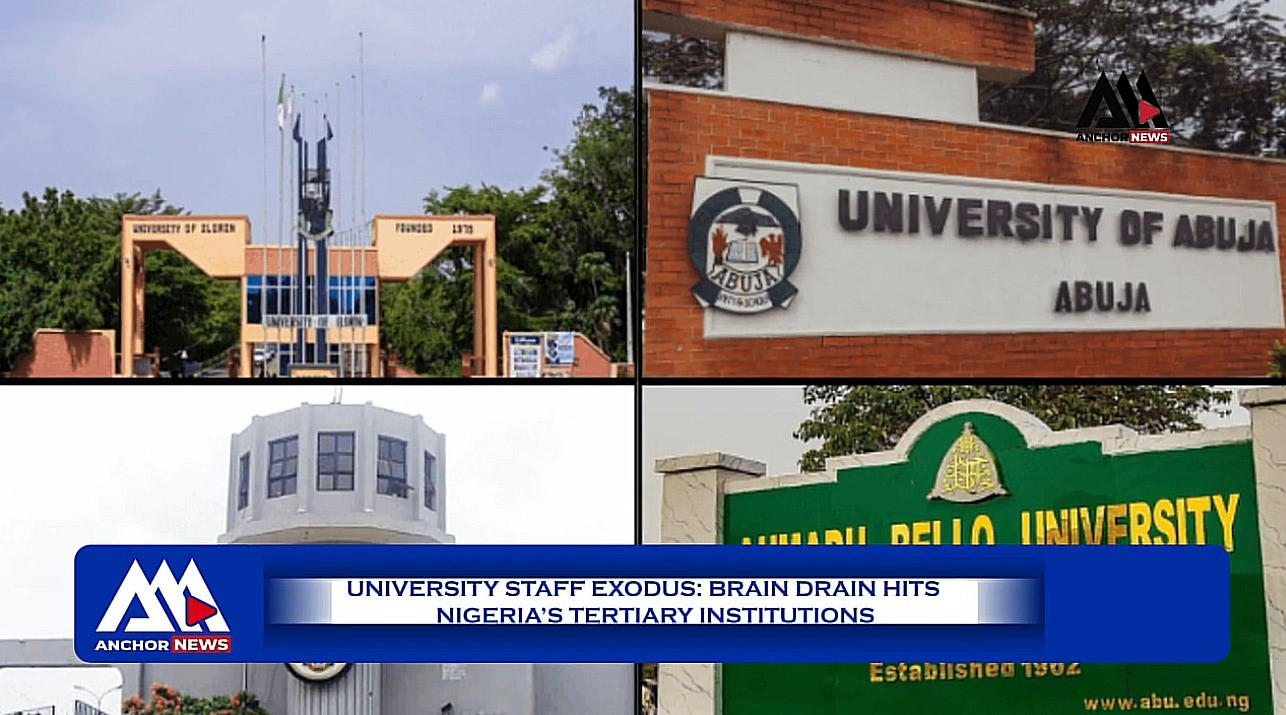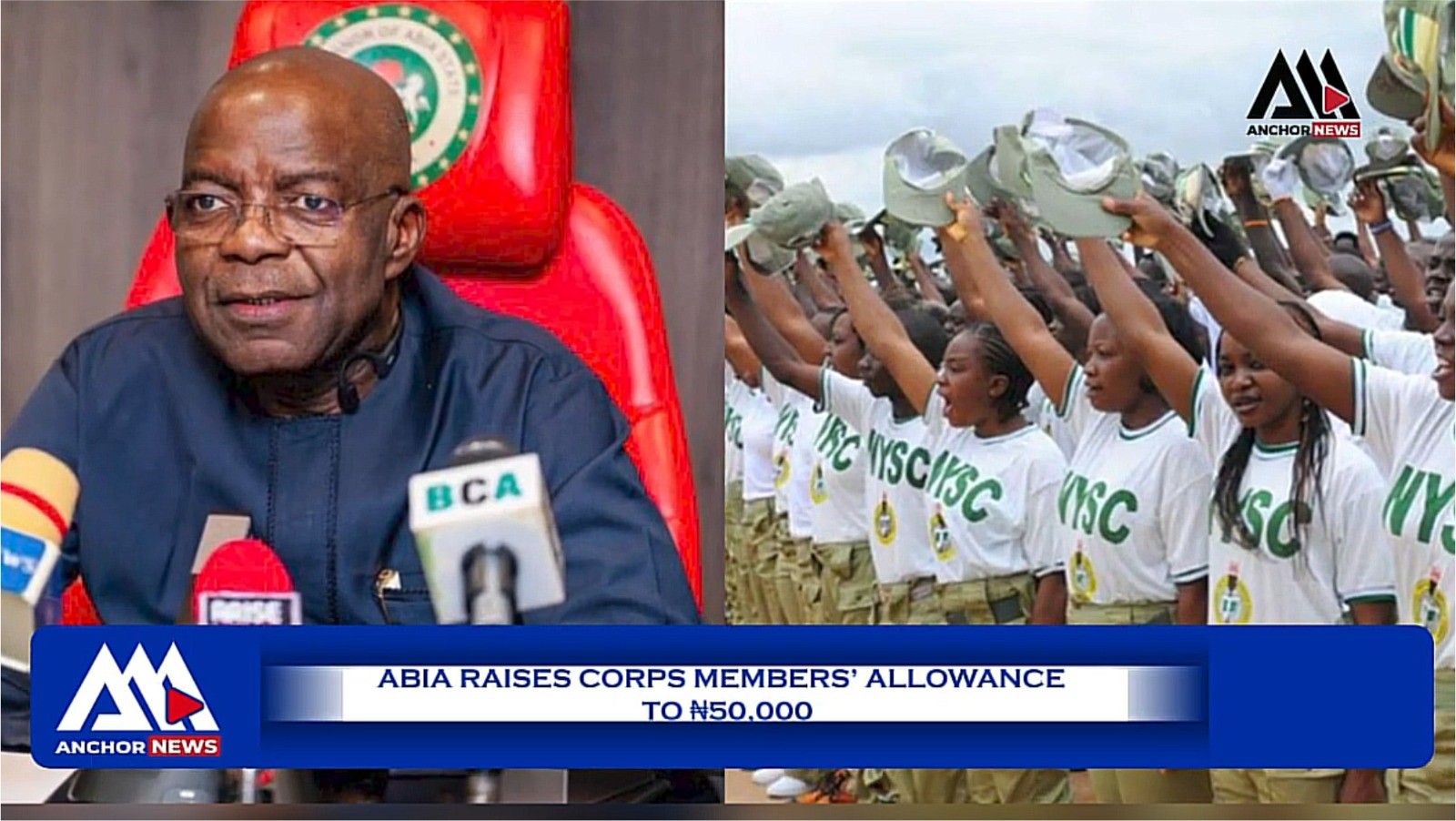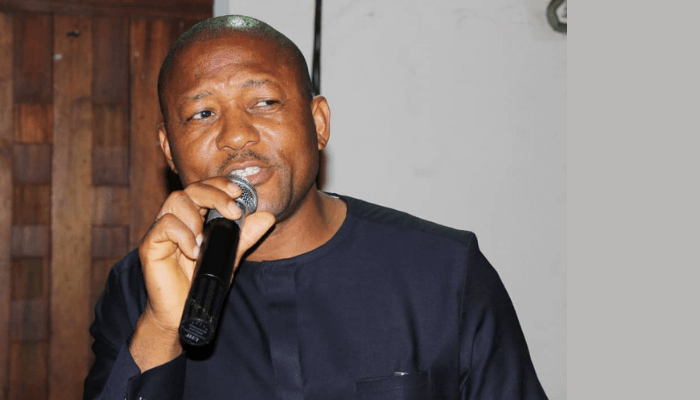
A staggering 88% of employers in Nigeria do not actively recruit candidates from marginalised groups—including persons with disabilities (PWDs), internally displaced persons (IDPs), and women from underserved communities—according to Jobberman Nigeria’s new report, Technology and Employment Inclusion in Marginalised Contexts (2025).
The report, based on nationwide field surveys, reveals that 72% of formal sector employers make no intentional effort towards inclusive hiring, despite public commitments to diversity.
The findings point to an entrenched reliance on informal hiring methods. “Most employers still rely on referrals and informal networks, which naturally exclude marginalised individuals,” the report stated.
The advertising sector emerged as one of the least inclusive, with 20.69% of employers saying that hiring from marginalised groups is not a priority, and 18.97% citing inability to provide necessary accommodations.
Challenges cited include the cost of inclusive infrastructure, difficulty in assessing the skills of PWDs, and general lack of awareness. “Over half (50.77%) of employers said it was difficult to assess the skills of PWDs,” while 23% cited infrastructural constraints.
Despite existing laws such as the 2019 Discrimination Against Persons with Disabilities (Prohibition) Act—which mandates a 5% employment quota for PWDs—compliance remains low.
Jobberman recommends stronger enforcement, employer training, and incentives to foster inclusive hiring. “Employers need practical support, not just mandates, to embed intentional inclusion,” the report concluded.
As unemployment continues to rise, especially among vulnerable populations, the findings highlight an urgent need to reframe inclusion as a strategic workforce priority.












